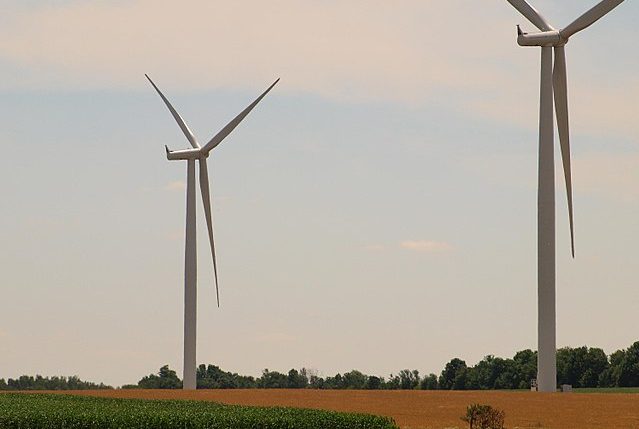The European Commission has backed down on a previous requirement to cut non-carbon dioxide gases on farms by 30% before 2040.
Instead of farmer-targeting measures, the European Union (EU) on February 6 decided to cut industrial greenhouse gases by 90% by 2040.
The decision is a goodwill gesture to European farmers who have been protesting in France and Belgium over climate-related rising costs.
Furthermore, the EU has shelved another bitter requirement on farms to cut down pesticides by 50%.
This change of heart came through a proposal by Ursula von der Leyen, the President of the European Commission. Leyen said that the bloc’s farmers need to receive a listen rather than “polarize” the pesticide issue.
The use of herbicides, weedkillers and pesticides remains a tough call even outside the EU. In fall 2023, for instance, there was refusal of entry of U.S. cherries to Taiwan over pesticide concerns.
For crop producers in the EU, a rise in costs due to minimum residual requirements has become a major grievance.
Grievances in France
Farmers in France spearheaded protests against EU’s ecological regulations by blocking major roads in Paris before January 29.
The protesters also cited stiff competition for their produce from cheaper sources as their biggest huddle.
Perhaps the crunch of the matter is high fertilizer prices, doubling energy costs and costly farm implements. Some of these expenses have been occasioned by the long-term Russia-Ukraine war.
The cost of ammonia, which manufactures nitrogen fertilizer (NPK), hiked to $910 a tonne in 2021. This is even as the import price of fertilizer into France rose by 21% in 2022, to $430 a tonne.
With the pesticide and non-CO2 requirements over, however, European farmers see this as their victory.
A Paris farmer told Fortune of trying to protect the environment for two decades but now was the moment to let go.
The EU’s decision to slash greenhouse emissions without hurting farmers parallels UN’s similar approach two months ago at COP28. In that ‘game-changer’ climate summit, countries cut a last minute deal to go slow on fossil fuel phase-out.
